8 cool reasons you should seriously have all the indoor plants
Feeling down? Having trouble sleeping? In need of a little creative boost? There’s a plant for that!
Indoor plants aren’t only pleasing for the eyes, they have lots of potential health benefits ranging from improving air quality to helping fight colds, along with mental health benefits like boosting our moods.
Plus, there’s something super fulfilling about taking care of something and watching it grow. #PlantMom life is the best life. 🌿
Here are 8 reasons you need more indoor plants in your life
1. Plants can boost your mood
View this post on InstagramUs all day, every day. Plant goals via @priscilafabrin
A post shared by The Sill (@thesill) on
Research shows that indoor plants can improve your mood and concentration. They’ve also been shown to add a little pep to your brain to get those creative juices flowing. Bye-bye writer’s block!
2. Plants can reduce stress and anxiety
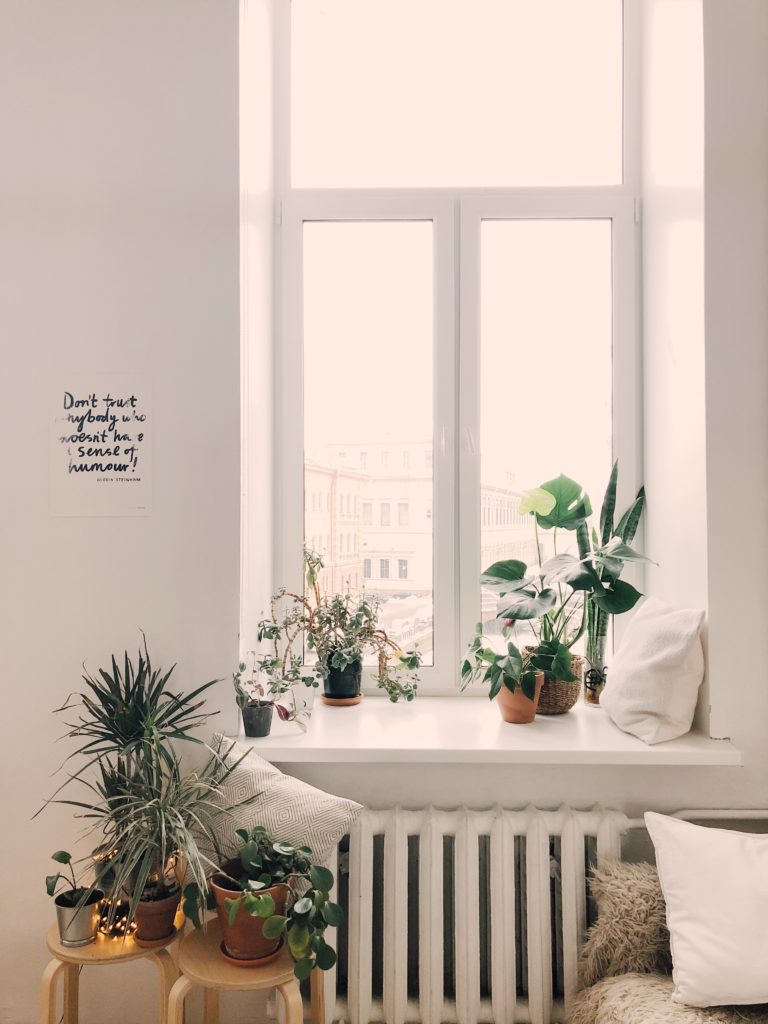
According to a study in the Journal of Physiological Anthropology, interactions with indoor plants can make you feel more comfortable and soothed and less stressed.
So, if you’re feeling those winter blues or simply feeling down, take advantage of the power of plants and soak up those calming vibes.
3. Plants can help with healing
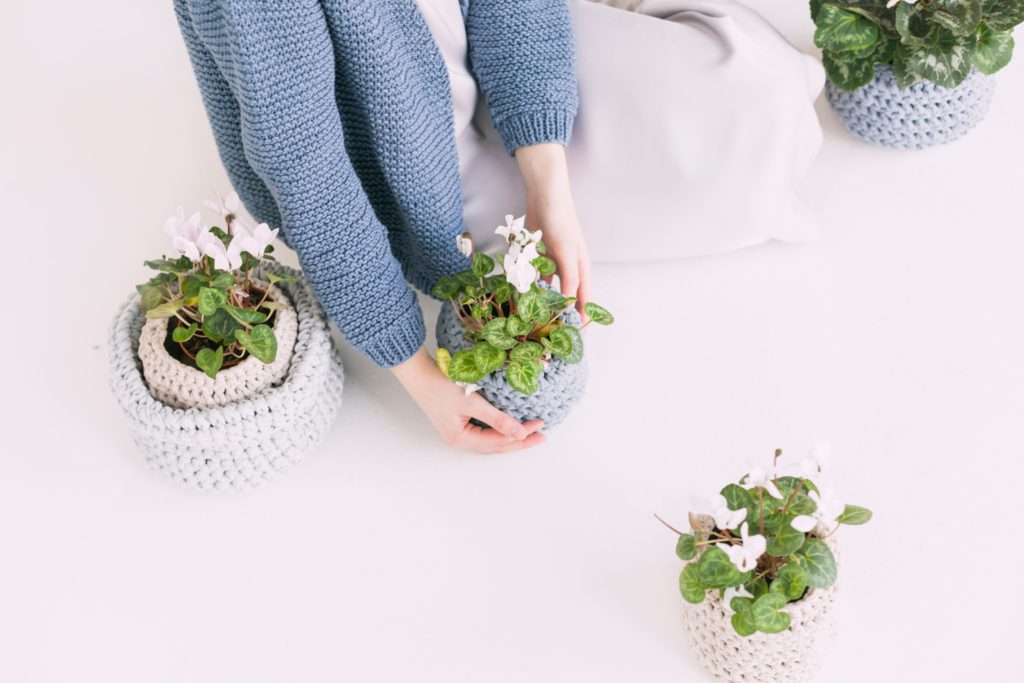
Other research reveals that plants placed in hospital rooms can help patients feel better by reducing anxiety. Kansas State University research even recommends potted plants and flowers as a “noninvasive, inexpensive, and effective complementary medicine for surgical patients.”
For a hardy plant that’ll usually survive without a lot of care, try Mother In Law’s Tongue, also known as a Snake Plant.
4. Plants improve air quality
Did you know that the American Lung Association has found that indoor air can be more polluted than the air outdoors? And pollutants like asbestos, radon, and mold can cause all sorts of problems like asthma, dry eyes, and headaches. Ugh.
View this post on InstagramA post shared by LEAST WASTE (@least.waste) on
Luckily, plants such as Lady Palm and Peace Lily can improve air quality by absorbing pollutants through their roots and leaves. In fact, a NASA study found that indoor plants can cleanse the air of cancer-causing volatile organic compounds like formaldehyde and benzene.
And some research shows that rooms with houseplants have up to 60% fewer airborne molds and bacteria than rooms without greenery. We like those odds!
5. Plant may help you sleep

Having trouble sleeping? The worst. Since quality sleep is key to staying healthy and happy, consider investing in Chrysanthemums or Asparagus Ferns which can survive in lower light conditions.
6. Plants can help people with dry skin
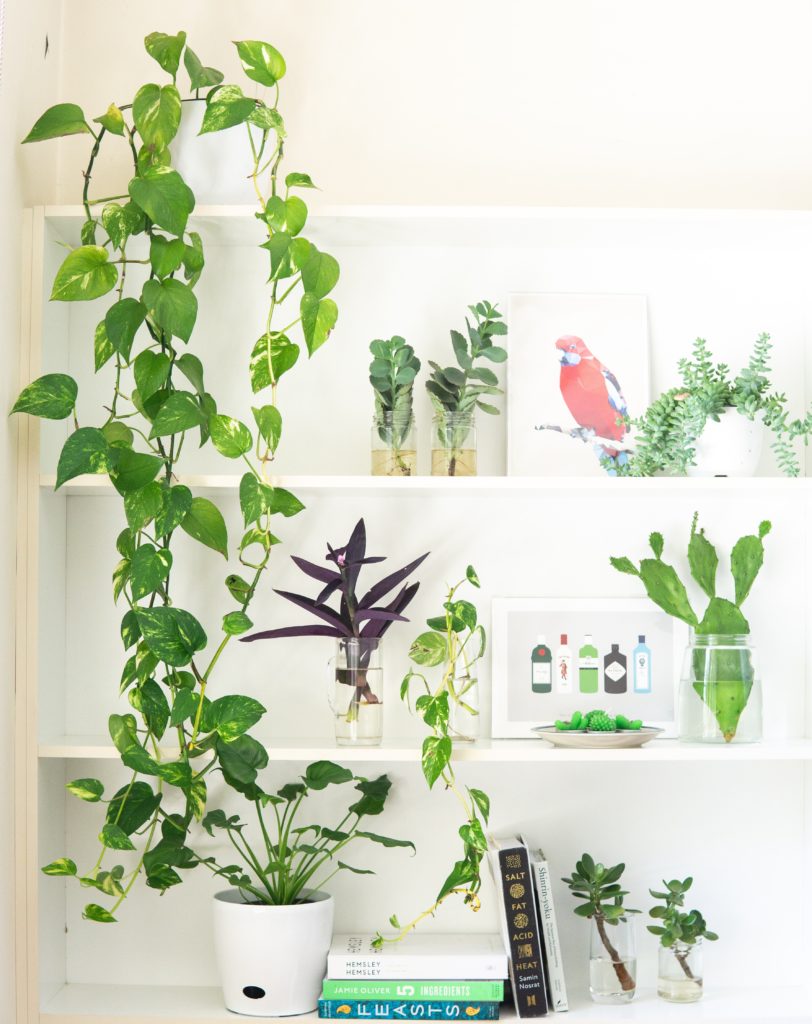
Some plants, like Boston Ferns, are super thirsty. But this means, they pump the water they drink into the air, which can be helpful for people with dry skin — particularly during cold weather months.
7. Plants can fight against colds
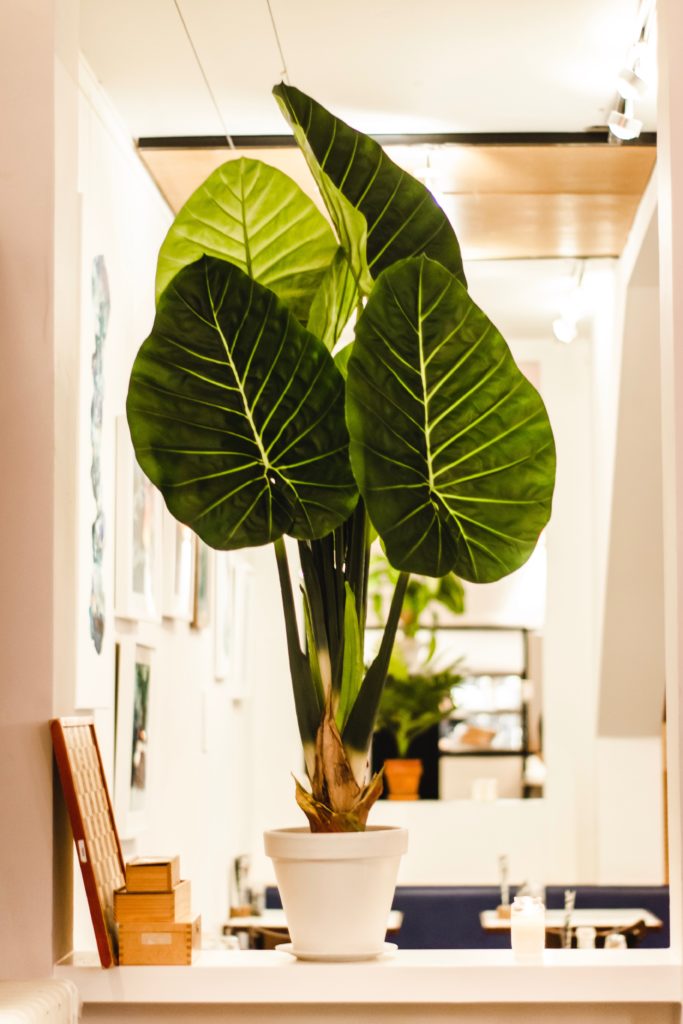 During cold weather months and flu season, plants can be helpful to clear the air of toxins and impurities. How? Plants like ZZ plants and palms increase humidity levels indoors, which decreases the infectivity of airborne viruses.
During cold weather months and flu season, plants can be helpful to clear the air of toxins and impurities. How? Plants like ZZ plants and palms increase humidity levels indoors, which decreases the infectivity of airborne viruses.
So, while you stock up on soap and Vitamin C packets, grab a plant to add to your wellness toolkit.
8. Plants can help reduce noise levels
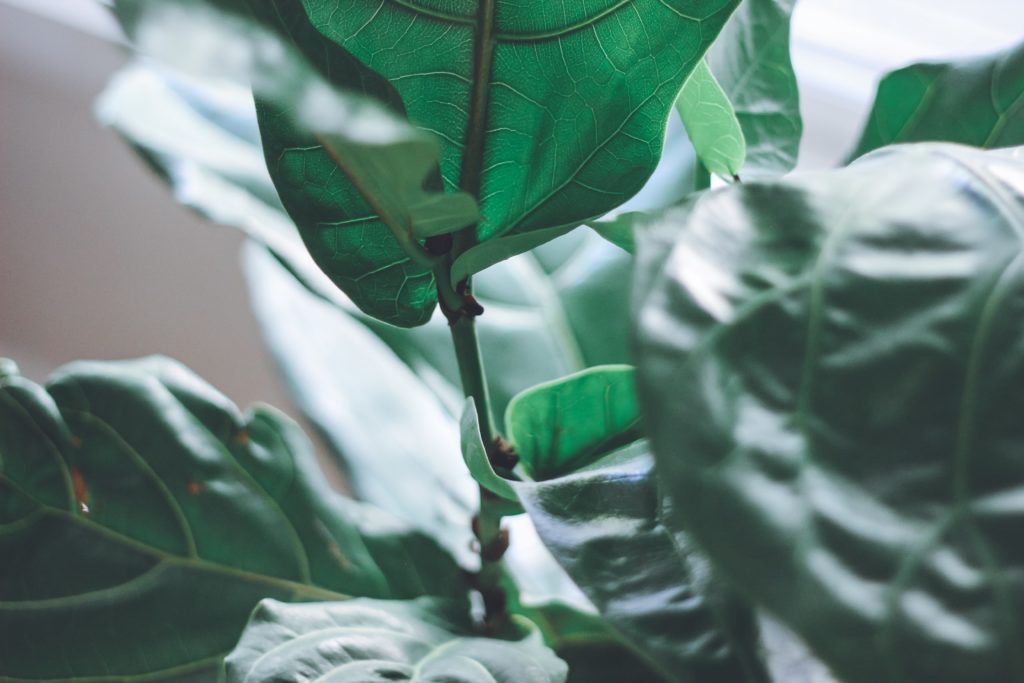
If you have noisy roommates or live on a busy street, plants are waiting for you to take advantage of them! The stems and leaves absorb sound. And rougher bark and thicker leaves are especially effective at making spaces quieter.
Our suggestion: Weeping Fig plants, ferns, and the Peace Lily.
Now that you know the benefits of plants — read this post to find out how you can be the best mom you can be!
And for more ways to make your home as healthy as can be for you and the environment — check out these reads!
- 7 Easy ways to make your bathroom eco-friendly
- Want an eco-friendly kitchen? Here’s how to make it happen
- How to make your bedroom eco-friendly









